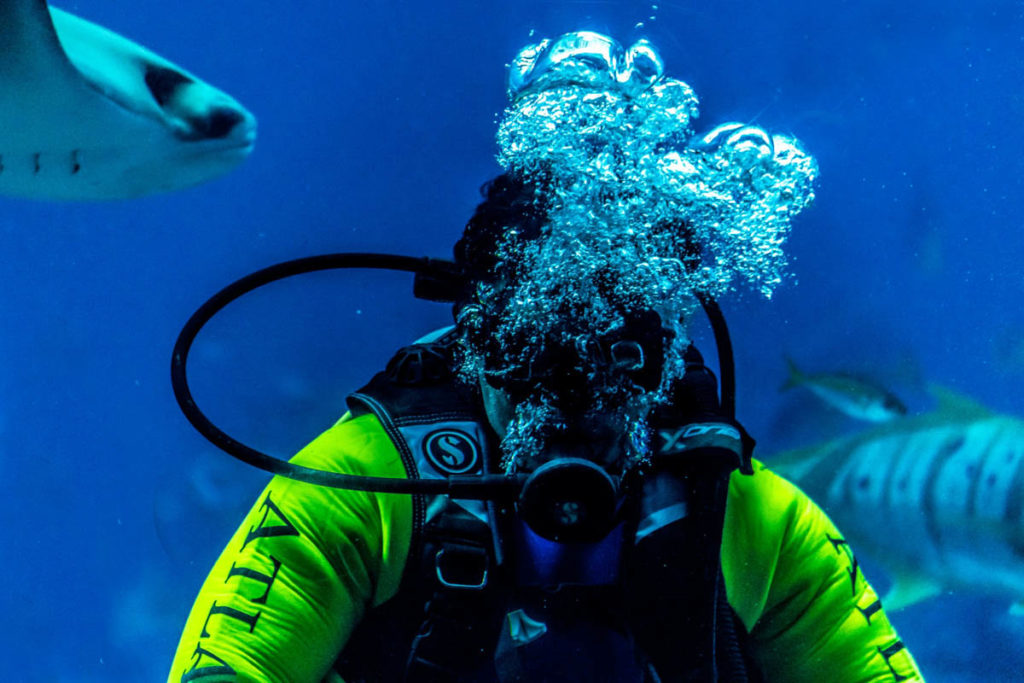It’s estimated that over one in 10 people in the world are living with diabetes. The condition can be challenging, but leading a healthy and active life is still achievable, and may even help to regulate blood sugar levels. Although recreational scuba diving isn’t necessarily an intensive activity, it can still place considerable physical demands on any individual. Due to the risk of associated health issues, in the past, some countries placed a complete ban on scuba diving for anyone diagnosed with diabetes. However, based on the experience of insulin-dependent divers who continued to dive safely, the standards are now gradually changing. As a result, greater authorization to take part in scuba diving is being given to divers with well-managed diabetes, as long as they are otherwise healthy and experience no serious complications from the condition.
Managing Diabetes To Reduce Complications
Although more diabetics may now be allowed to dive, some serious, long-term complications associated with the condition will still be an impediment to scuba diving. These include the risk of unconsciousness from hypoglycemia, or tingling and numbness in the legs caused by neuropathy. Neuropathy may be prevented by successfully managing blood sugar levels, but if diabetes is poorly controlled, then health complications, together with the added water pressure and physical exertion, could make diving very dangerous. However, many people are able to control the condition with diet and medication, and with the approval of their doctor, may be given the go ahead to participate in recreational scuba activities.
International Guidelines For Diabetic Divers
As a result of the serious health issues that can be associated with the condition, many countries placed a complete ban on scuba diving for diabetics, especially those who were dependent on insulin treatment. However, as a result of further research and examining the first-hand experience of divers, recommendations to allow safe diving for diabetics were published. In the UK, anyone with diabetes is allowed to dive both recreationally and professionally, as long as they have been medically cleared to do so and follow any required procedures.
Diabetes can be a challenging condition, and can lead to serious health issues if not carefully controlled. This can compromise the health and safety of undertaking physically demanding activities such as scuba diving. However, when the condition is well-managed, and local health and safety standards are met, divers with diabetes are no longer automatically precluded from enjoying scuba diving.







